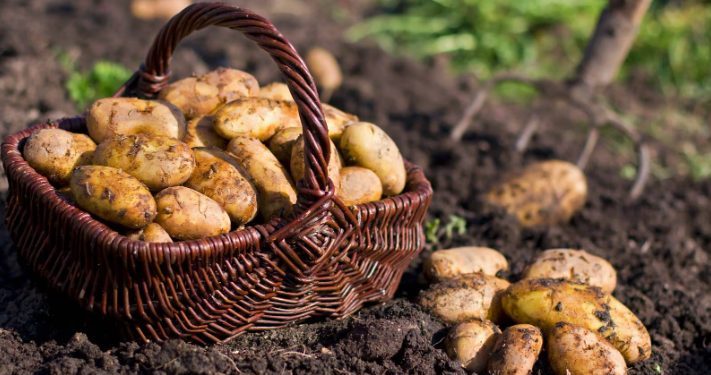As global weather patterns undergo significant shifts, essential crops face the challenges posed by the evolving climate.
Among these crops, potatoes, a staple in many diets worldwide, are particularly susceptible to these changes. It’s not just extreme weather events that threaten agriculture; the overall transformation in climatic conditions poses a significant threat. With climate change ushering in new weather patterns, the cultivation environment for crops is altering. While not all crops will be negatively impacted, the beloved potato faces substantial risks. Potatoes thrive with ample water supply, yet diminishing rainfall in crucial potato-growing regions like Bolivia necessitates adaptations for producers to thrive.
In Europe, the potato narrative is intricate, with the crop grappling not with a single type of weather but with the unpredictability of weather patterns—a formidable challenge for this widely cultivated crop.
Weather patterns have become increasingly erratic due to climate change. Europe experienced record-high temperatures last summer, coupled with one of the lengthiest dry spells. Unpredictable rain patterns further complicated matters. For Dutch company Royal Cosun, a major potato grower in Europe, this variability posed a considerable challenge.
Potatoes are highly susceptible to heat stress and water inundation. A spokesperson from Royal Cosun stated, “Potatoes are most vulnerable to prolonged heat stress and water inundation. Climate change presents immense challenges. Last year’s climate fluctuations, ranging from wet planting periods to dry growth phases and wet harvesting conditions, significantly impacted the crop quality and yields. The varying weather patterns adversely affected productivity.”
PepsiCo, a multinational corporation sourcing potatoes from Europe, also grapples with the repercussions of shifting climatic conditions. David Wilkinson, senior director for procurement at PepsiCo Europe, highlighted the risks posed by climate change to their business operations and local communities. These risks include flooding, heat stress, droughts, wildfires, and high wind speeds, impacting the quantity and quality of raw materials. PepsiCo is proactively addressing these challenges through regenerative agriculture practices.
As climatic conditions continue to fluctuate, the agricultural sector, particularly potato cultivation, must adapt to ensure sustainable production practices and mitigate the impacts of climate change on crop quality and yields.







